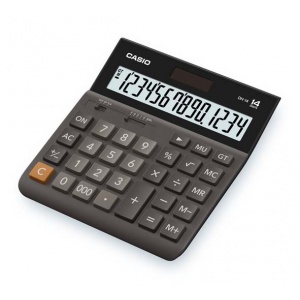

In order to calculate the weight of a square metal bar you only need to know one side of its cross-section and its length, but you will still need to enter two sides, since our tool also supports rectangular bars for which the second side can differ. If using a carbon steel with density of 7.95 g/cm 3, we need the product of 7.95 and 314.16, which equals 2497.572 g, or ~2.498 kg. The volume of the steel bar is the product of the area of the cross-section and the length: π x r 2 x l = 3.1416 x 10 2 x 1000 = 314,160 mm 3 = 314.16 cm 3 (r = 1/2 x diameter, l = 1 m = 1000 mm).

For example, let's calculate the weight in steel of a bar with length 1 meter and diameter of 20 mm. Round metal barĪ round metal bar is one of the easiest ones to calculate, as the weight equation requires only 2 measurements to be known: the diameter and the length of the bar. If you wish to calculate a more complex product, you can either break it down into simpler components which you can then calculate individually, or use a more advanced piece of software. Our steel weight calculator supports different types of products, as described below. Types of metal products supported in the metal calculator The calculator has a set of different types of products to choose from, and each would require a different set of measurements to be entered, in order to calculate its volume. The two are not synonyms! In fact, steel is not technically a metal, but a metal alloy, since it is made from a mixture of iron, carbon, and other elements in very small quantities. A common mistake is to confuse "steel" with "metal". However, you can always enter a custom density, if it is known to you and the calculator will use that instead. Selecting a material from the list will automatically fill in its density in the "density" field. In the metal weight calculator above we have pre-entered the densities of many commonly used metals like carbon steel, stainless steel, iron, copper, nickel, aluminum, as well as metal alloys such as bronze, aluminum and nickel alloys: Nickel 200, Monel 400, Inconel 600, Inconel 625, Inconel 718, Inconel X-750, Incoloy 800. Multiplying the two gives us the resulting metal weight. We need to know the volume of the metal (cu in, cu mm, cu cm, etc.) and its density (usually in g/cm 3, oz/in 3). is similar to that of any other type of material. I-profile (H-profile, I-beam, or H-beam)Ĭalculating the weight of any type of metal product: beams, profiles of various types, bars, tubes, pipes, sheets, etc.Types of metal products supported in the metal calculator.


 0 kommentar(er)
0 kommentar(er)
